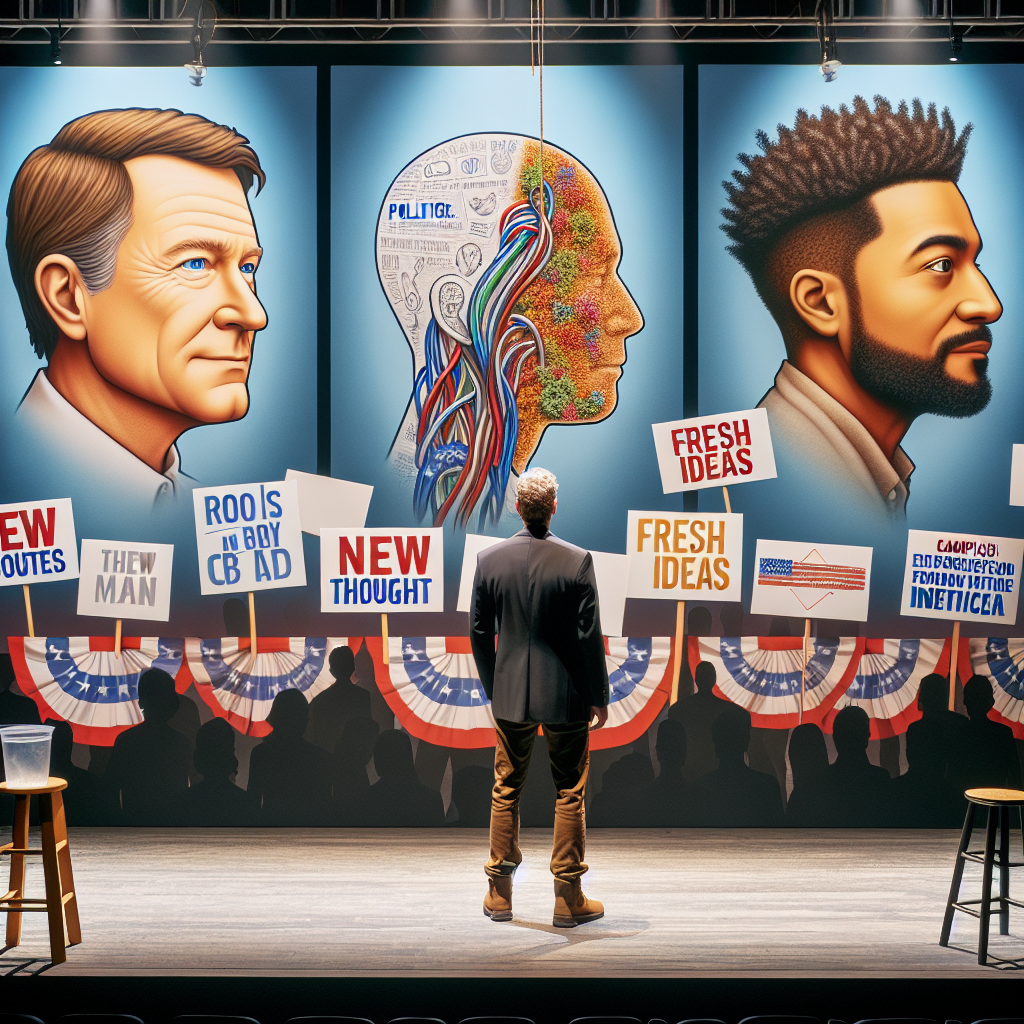This presidential campaign season has been marked by significant turning points, reflective of both positive and negative trends shaping American politics. The singular debate between the Republican and Democratic candidates showcased an unsettling departure from substantive discourse, devolving instead into a spectacle characterized by personal attacks and an apparent aversion to discussing policy. One candidate conspicuously sidestepped any serious media engagement, while the other navigated two attempted assassinations, all while appealing to a frustrated electorate through incendiary rhetoric. This environment created a campaign that, rather than presenting a robust contest of ideals, resembled a battleground dominated by sensationalism and divisive narratives.
Crucially, the role of the mainstream media in this electoral process has drawn sharp scrutiny. Media outlets seemingly abandoned their role as neutral informants, actively taking sides to influence public perception. The disparity in coverage between the two campaigns was stark; according to the Media Research Center, media portrayals of the Trump campaign were predominantly negative at 85%, whereas the Harris campaign enjoyed 78% positive coverage. This imbalance not only erodes public trust in media institutions but also underscores a deeper issue: misinformation persists unchecked, as evidenced by inaccurate “fact-checking” that favors one candidate over the other. Such biases contribute to growing skepticism about the reliability of mainstream news sources, emphasizing the need for a more honest and equitable approach to political reporting.
What has been conspicuously absent from the campaign dialogue is a focused examination of critical national issues, particularly those related to economic interventionism. Conversations surrounding the Federal Reserve and its detrimental impact on the middle class, alongside its benefits to the wealthy and its facilitation of warfare, were noticeably lacking. This diversion from significant policy discussions raises concerns about the overall health of democratic discourse and the broader implications for public understanding of essential economic realities. Consequently, the failure to address these issues suggests a troubling disengagement from the factors that substantially shape the American populace’s daily lives.
In a surprising twist towards the end of the campaign, Republican vice-presidential candidate JD Vance articulated a realization that the Federal Reserve may not function as the benefactor it purports to be. Although indirectly phrased, his comments struck a chord amidst a politically charged atmosphere. Additionally, comments from influential figures like Elon Musk concerning potential cuts to the federal budget sparked discussions around fiscal responsibility that previously seemed absent. Musk’s willingness to entertain significant budget cuts set a precedent for re-evaluating government expenditure and challenged the status quo that has persisted for decades.
Engaging in this discourse has been met with enthusiasm from within the political landscape. Following supportive comments on social media regarding Musk’s proposals, an open invitation for collaboration on finding budget cuts was made, illustrating a growing appetite for accountability and reform. While the appeal of new fiscal strategies may be met with resistance from political insiders, the dialogue represents a necessary pivot toward addressing the substantial financial challenges facing the federal government. Such conversations are particularly pressing as concerns mount over the sustainability of current fiscal policies, which many argue risk driving the country toward bankruptcy.
Amidst the cacophony of traditional media’s decline, an emergent alternative media landscape is taking shape. This shift indicates a potential realignment in how Americans consume and engage with political information. The notably high engagement rates of Musk’s social media interactions compared to dwindling mainstream media audiences highlight a clear desire for change. As traditional media grapples with plummeting viewership, the rise of platforms that prioritize direct public engagement showcases an evolving political communication paradigm—one that may ultimately serve to reinvigorate democratic participation and inspire a new wave of political discourse amidst societal discontent.

